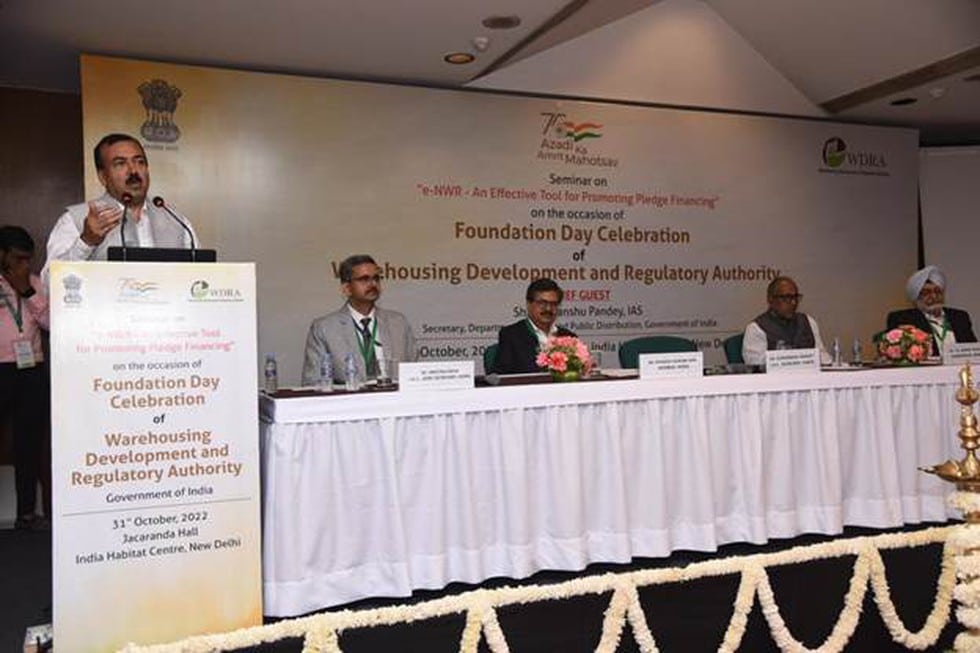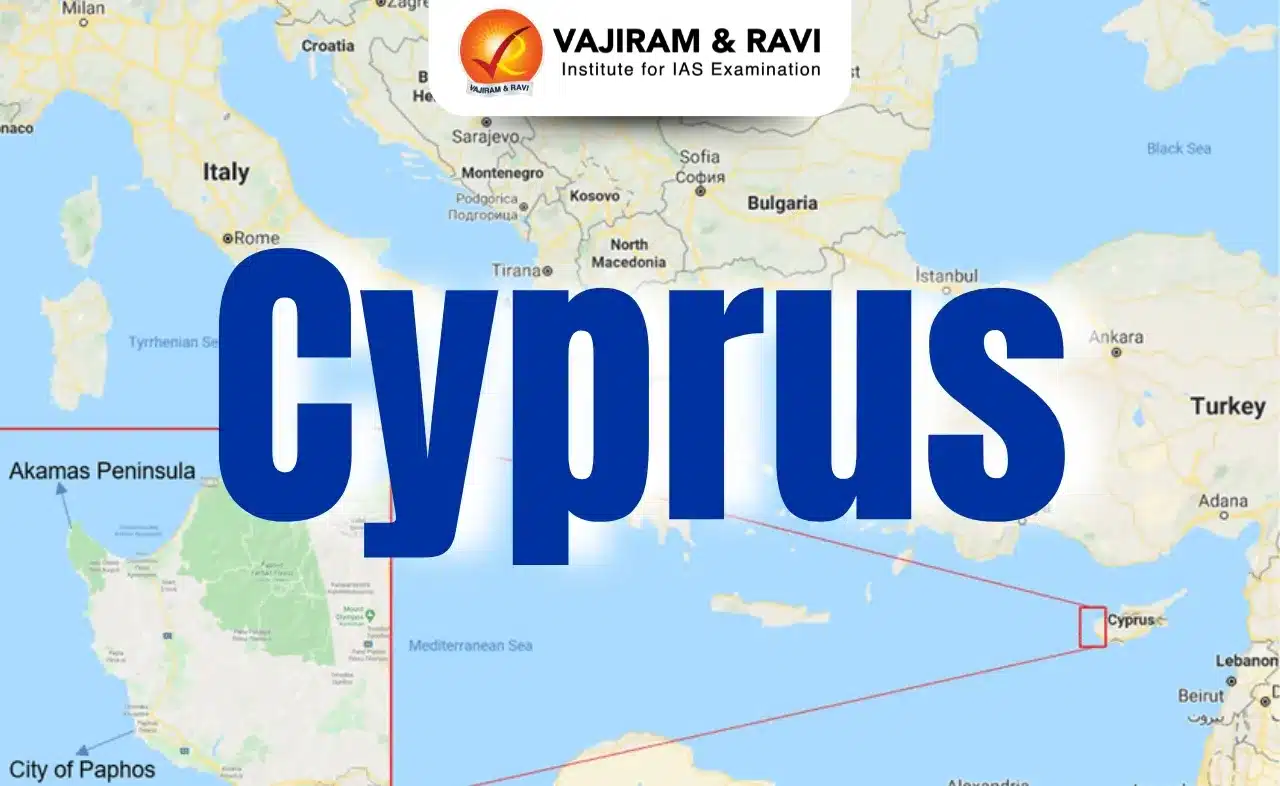About Warehousing and Electronic Negotiable Warehouse Receipt (e-NWR):
- The negotiable warehouse receipt (NWR) system was launched in 2011 allowing the transfer of ownership of a commodity stored in a warehouse without having to deliver it physically.
- These receipts are issued in negotiable form, making them eligible as collateral.
- This has been enabled by enabling the financing of warehouse receipts through the Warehouse (Development and Regulation) Act, 2007.
- The Warehousing Development and Regulatory Authority (WDRA) regulates the entire operation under NWR.
Salient features of e-NWR:
- An e-NWR is available only in electronic form.
- The single source of information for the e-NWR is the repository system where e-NWR is issued by registered warehouses.
- Confidentiality, integrity and availability of the e-NWR information is provided by the Repository system.
- An e-NWR has time validity.
- All e-NWRS can be traded through off-market or on-market in Commodity Exchanges platforms.
- An e-NWR can be auctioned under certain conditions such as loan not repaid, on expiry and delivery not taken, and on likely damage or spoilage of the commodity in the warehouse.
- e-NWR can be transferred fully or in part.
Benefits:
- Electronic-Negotiable Warehouse Receipt (e-NWR) will help farmers/FPOs to have access to a large number of buyers across the country.
- It will help them get better bargaining powers and realise higher prices by selling graded produce.
- It will provide them with the facility to get their prices quoted and receive immediate payment, besides avoiding distress sales by helping them get loans from banks against warehouse receipts.
Warehousing Development and Regulatory Authority (WDRA):
- WDRA was constituted in 2010 under the Warehousing (Development and Regulation) Act, 2007.
- It is under the Department of Food and Public Distribution (DFPD).
Source: PIB
Last updated on June, 2025
→ UPSC Notification 2025 was released on 22nd January 2025.
→ UPSC Prelims Result 2025 is out now for the CSE held on 25 May 2025.
→ UPSC Prelims Question Paper 2025 and Unofficial Prelims Answer Key 2025 are available now.
→ UPSC Calendar 2026 is released on 15th May, 2025.
→ The UPSC Vacancy 2025 were released 1129, out of which 979 were for UPSC CSE and remaining 150 are for UPSC IFoS.
→ UPSC Mains 2025 will be conducted on 22nd August 2025.
→ UPSC Prelims 2026 will be conducted on 24th May, 2026 & UPSC Mains 2026 will be conducted on 21st August 2026.
→ The UPSC Selection Process is of 3 stages-Prelims, Mains and Interview.
→ UPSC Result 2024 is released with latest UPSC Marksheet 2024. Check Now!
→ UPSC Toppers List 2024 is released now. Shakti Dubey is UPSC AIR 1 2024 Topper.
→ Also check Best IAS Coaching in Delhi






















